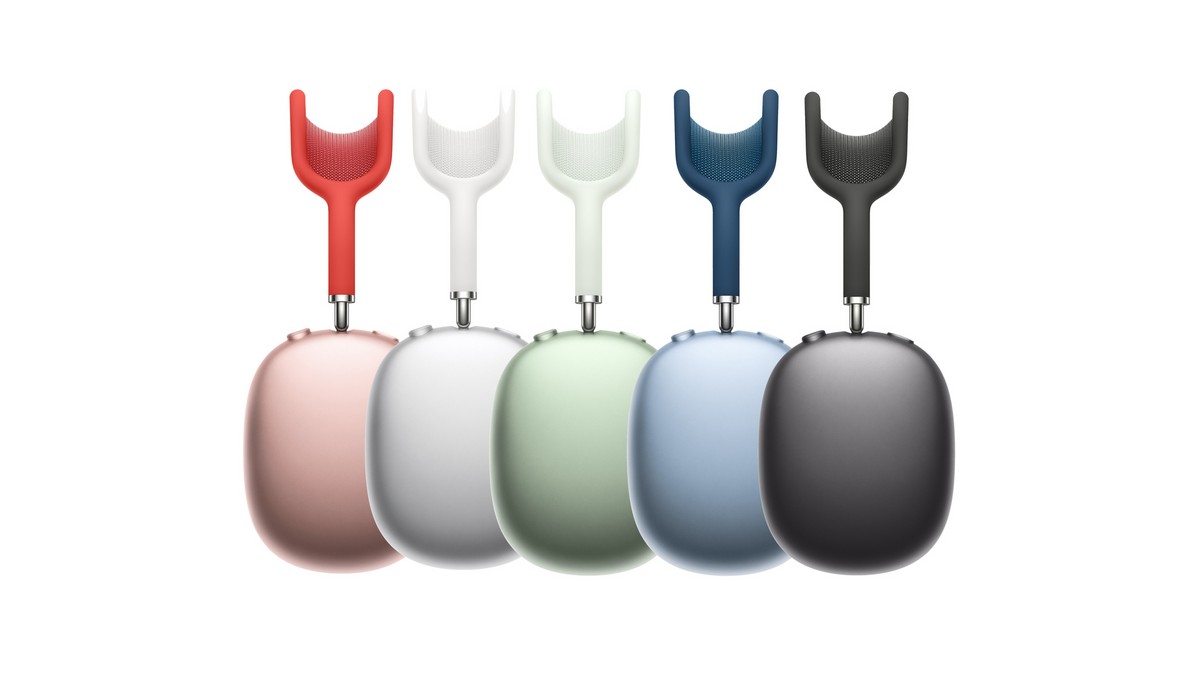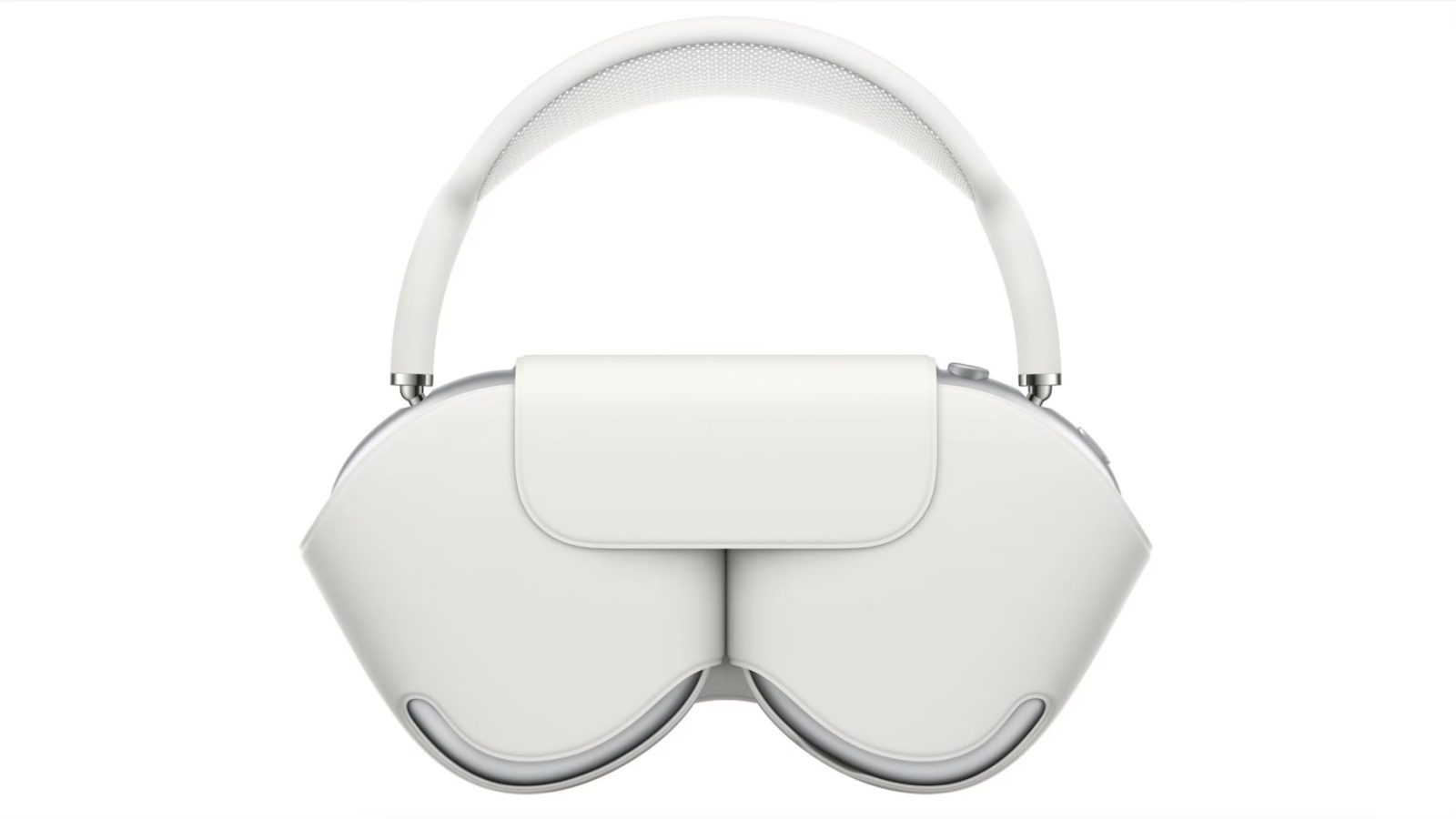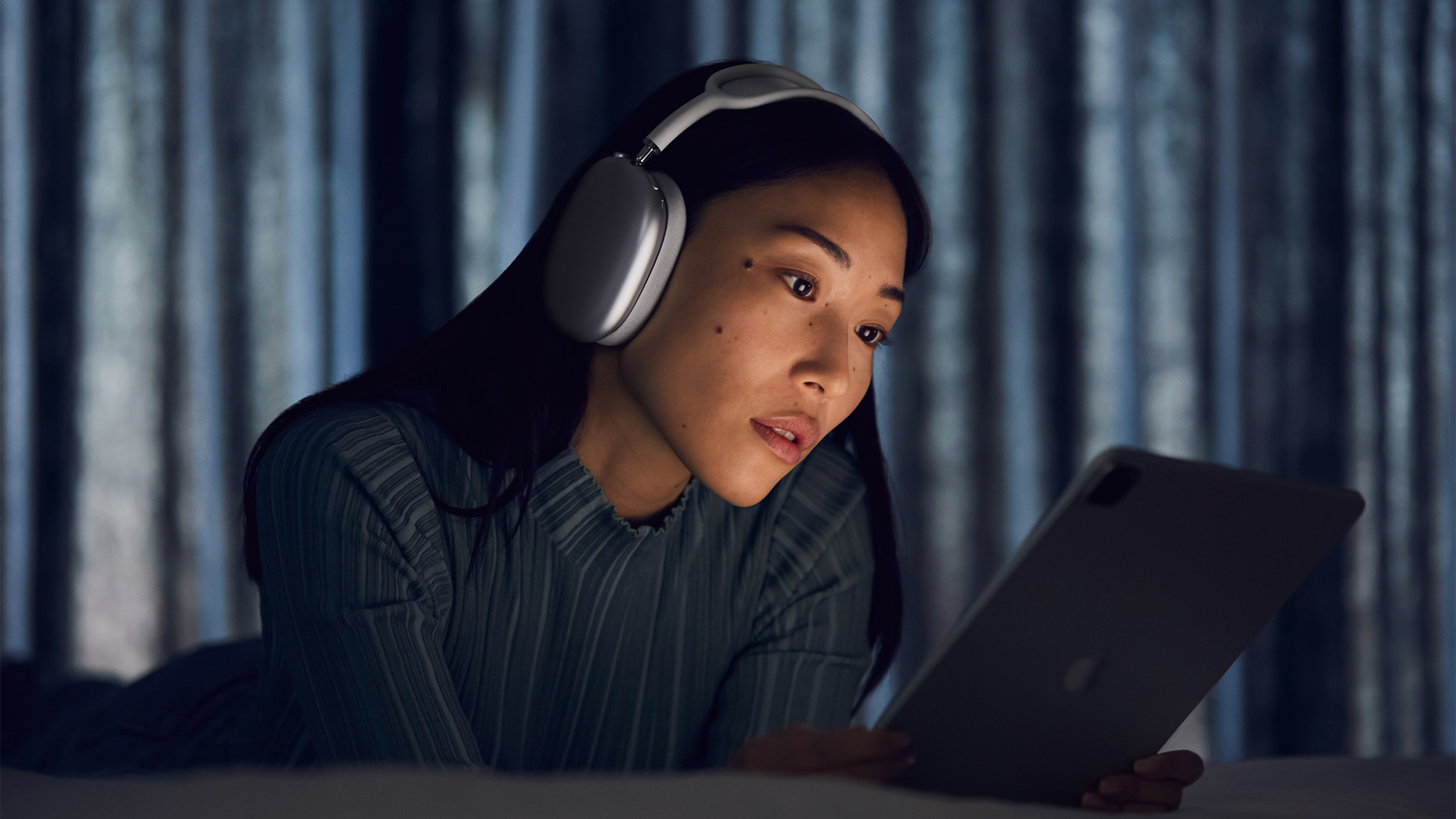Apple has been on something of a hot streak in recent years, with the first-generation AirPods popularizing the “true wireless” product category, and the subsequent revision and Airpods Pro entry helping the brand stay on top.
Turning its gaze to the over-ear headphone market, Apple has released its first headphones that aren’t emblazoned with ‘Beats’ branding. The AirPods Max are an impressive effort, sure, but in the midst of a pandemic, it’s perhaps hard to justify $549.
Value is, of course, entirely relative, but here’s what we think of them in case you’re on the fence.
Airpods Max: Design
There’s no denying that the AirPods Max, just as with the AirPods, are a statement of sorts. Unlike their smaller brethren, though, AirPods Max aren’t only available in white – in fact, they aren’t available in white at all.
Space Gray, Silver, Pink, Green, and Sky Blue are the options, and whichever you opt for you’ll get a stainless steel headband, with a breathable material over the top and telescopic rails to allow for adjustable height.
Apple says that the solid construction of the band is to help distribute weight, and when combined with earcups that are made from “acoustically engineered memory foam”, it’s hard to look past the sheer comfort of them.
In comparison, Apple’s prior “premium” headphones, the Beats Studio 3 Wireless, grow less comfortable with every passing minute, while the AirPods Max feel more conducive to long listening sessions.

The left cup is where you’ll find the controls, with a noise control button for switching between Active Noise Cancellation and Transparency modes (more on those shortly), and a Digital Crown that’ll be familiar to Apple Watch users.
This control knob allows for volume control but also acts as a button that can be pressed to answer calls, skip tracks, or trigger Siri. Despite being digital, it adds at least a modicum of analog design that further helps set the AirPods Max apart from peers that place their controls within the side of the cup
Airpods Max: Case
The AirPods Max come with their very own case, but unlike the AirPods or AirPods Pro efforts, this one leaves a little to be desired.
Since it’s used exclusively for storage, the case doesn’t offer charging like its predecessors, although it does put the AirPods Max in a low-power state that preserves the battery.
Because the headphones swivel flat but don’t fold, the case does very little to minimize the actual size of the headphones. Whereas the aforementioned Beats Studio 3 could fold up into a rounder hard case, the AirPods Max just kind of, well, sit there. You can carry it using the headband, but the case leaves large parts of the outer cups unchecked, potentially opening them up for scratches.

Airpods Max: Battery life and charging
Ok, so the case doesn’t add any charging, but the AirPods Max perform admirably even with either noise cancellation mode switched on. They offer 20 hours of listening time, or talking time, on a single charge but can offer an hour and a half of listening time with just 5 minutes of charge.
Despite Apple moving plenty of its devices to USB-C, though, the AirPods Max charge with a Lightning port. The good news is that it’s the same as your phone, but the bad news is that if you’re using it exclusively with an Apple laptop or newer iPad you’ll need to carry an extra charger.
Thankfully, a USB-C to Lightning cable is included in the box, but you’ll need to source a charger brick yourself as Apple continues to trim down what comes in the box.
On that note, don’t expect to plug into any headphone jacks – at least not without an additional cable that’ll set you back $35. It’ll allow you to listen through any standard 3.5mm port, but not if the battery is flat.
That’s a shame, because many headsets, including Sony’s excellent WH-1000XM4, can continue pushing sound out via 3.5mm even when the battery is dead.
Airpods Max: Features
When it comes to features, the AirPods Max start to justify their price somewhat. Each ear cup offers low distortion and accurate sound accuracy, and while audiophiles may lean towards even more expensive, ‘prosumer’ options the sound quality here approaches the same level of quality of headphones twice the price.

The H1 chip inside uses computational audio to help ascertain your current listening situation and adapt based on your surroundings and content. Adaptive EQ also ensures a consistent experience whether you’re listening to music, podcasts, or movies.
Speaking of movies, the AirPods Max also offer the new Spatial Audio added as part of iOS 14. That means that the audio feels as though it’s surrounding you, and in practice turns watching an episode of a TV show on Netflix in bed to feeling like you’re in a home cinema.
Noise cancellation tech is nothing new, but here the memory foam cups form such a secure seal around your eyes that there’s very little audio bleeding in or out, allowing you to focus on the audio. Transparency mode works as it did on the AirPods Pro, and lets in a layer of exterior noise to help you hear someone speaking or listen out for traffic.
Finally, the AirPods Max use the same instant-pairing with all Apple devices as their predecessors. That means you can pair instantly, trigger Siri and ask it to read your messages for you, and they also auto-pause when you take them off.
So, should you buy Apple Airpods Max?
Apple Airpods Max are packed with great features and offer exceptional audio quality. All those features come at a cost, though, and $549 is no small investment for what is, essentially, a first-generation product.
Still, if you can deal with the flimsy case and lack of included cable, the AirPods Max are a gorgeous pair of headphones that are incredibly comfortable and packed full of features – particularly if you’re already invested in Apple’s ecosystem.

